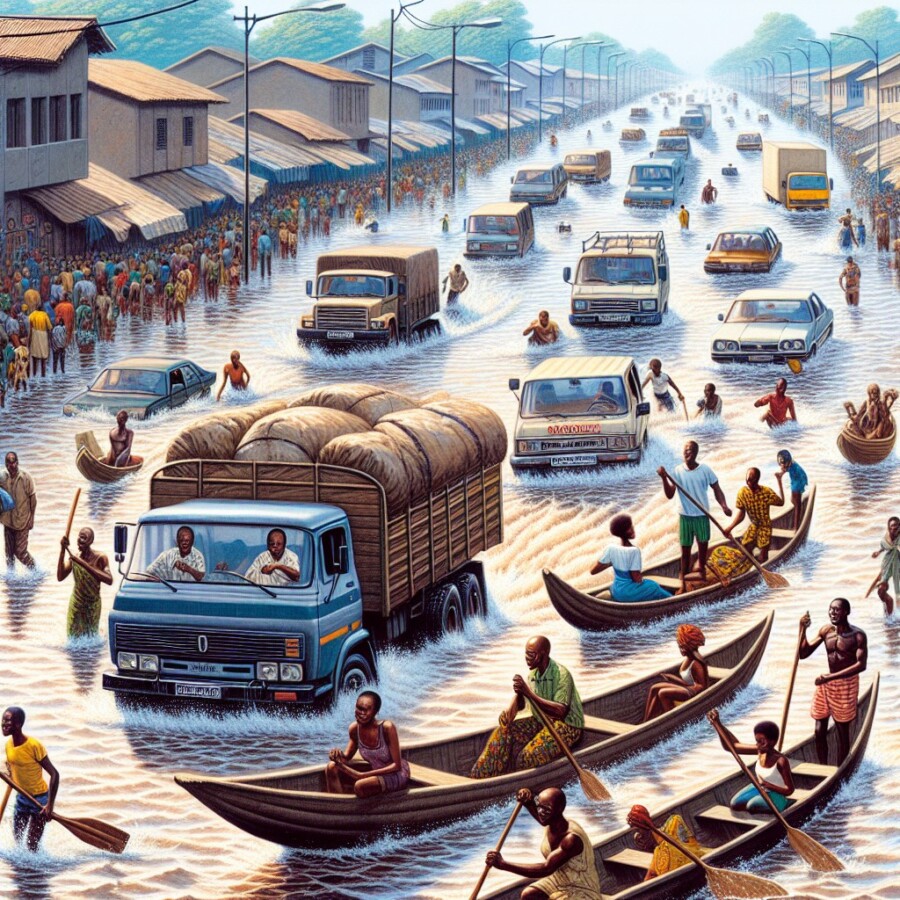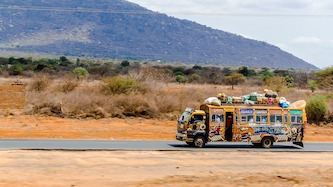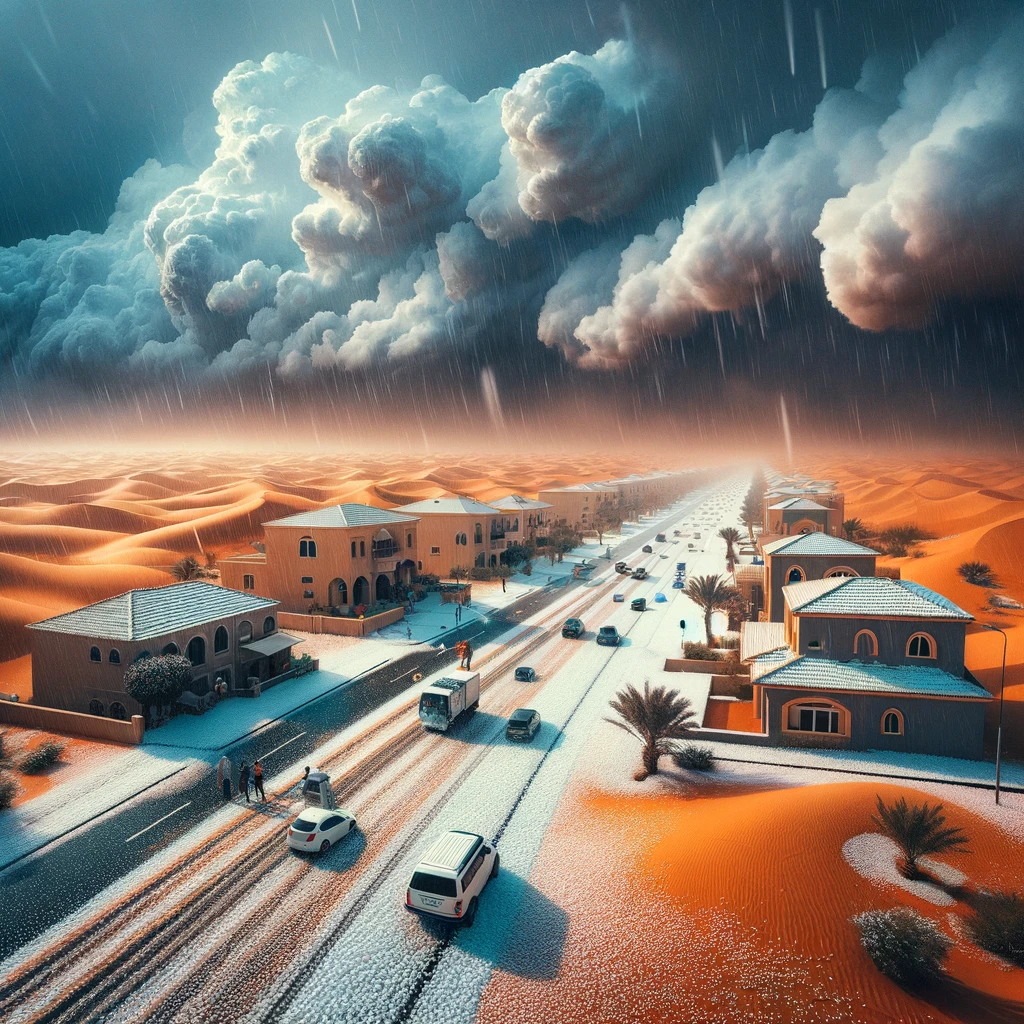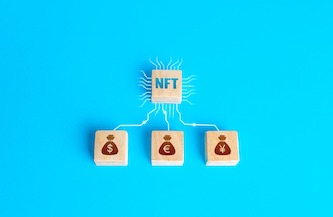Big water has come to a big city called Kinshasa. The city is in a place called the Democratic Republic of Congo. The water is very high, higher than it has been in a long, long time. People’s houses are full of water, and they are using boats on the roads. Many people have died because of the water, and schools and hospitals are gone.
The city has little rivers that are very dirty and make the flooding worse. The big river is almost as high as it was a very long time ago. Houses in another city are under water too. The water has also gone to a place next door and made many people there have problems. The world getting warmer is making it rain too much, and this has happened before in Kinshasa.
Original news source: DR Congo floods: Chaos in Kinshasa as river rises to near-record level (BBC)
🎧 Listen:
Slow
Normal
Fast
📖 Vocabulary:
| 1 | Kinshasa | A big place where lots of people live, like a giant neighborhood |
| 2 | Democratic | When people all have a say or choice in what happens |
| 3 | Republic | A big place that is its own boss, with its own rules |
| 4 | flooding | When water covers everything, like when you splash in the bathtub and it gets all over the floor |
| 5 | hospitals | Places where you go when you are sick and doctors take care of you |
| 6 | rivers | Little streams of water that move along the ground |
| 7 | dirty | Not clean, like when your hands are all muddy |
| 8 | climate | The kind of weather a place usually has, like if it’s often sunny or rainy |
| 9 | rain | Water that falls from the sky like in a shower |
| 10 | neighboring | The place right next door, like your friend’s house that’s next to yours |
Group or Classroom Activities
Warm-up Activities:
– Charades
Instructions: Divide the class into two teams. Write down key words from the article on small pieces of paper and put them in a hat. One student from each team will take turns picking a word from the hat and acting it out without speaking. The team members will try to guess the word. The team with the most correct guesses wins.
– Vocabulary Pictionary
Instructions: Divide the class into pairs. Give each pair a list of key vocabulary words from the article. One student will choose a word and draw a picture to represent it, while the other student tries to guess the word. They should switch roles after each word. The pair with the most correct guesses wins.
– Word Association
Instructions: Write down key vocabulary words from the article on the board. Give each student a piece of paper and ask them to write down as many words as they can think of that are associated with the words on the board. For example, if one word is “flooding”, students can write down words like “water”, “rain”, “disaster”, etc. After a few minutes, have the students share their lists with a partner. Then, as a class, discuss the different associations and create a word association web on the board.
– Speed Summarizing
Instructions: Divide the class into pairs. Give each pair a copy of the article. One student will have one minute to summarize the article to their partner. The partner should listen and try to summarize it back to the first student. After one minute, they should switch roles. Encourage the students to use their own words and not read directly from the article. After both students have had a turn, ask a few pairs to share their summaries with the class.
– Headline Creation
Instructions: Divide the class into small groups. Give each group a blank sheet of paper and ask them to create a headline for the article. The headline should summarize the main idea of the article in just a few words. After a few minutes, have each group share their headline with the class. Discuss the different headlines and the reasons behind their choices.
🤔 Comprehension Questions:
1. What happened to the city called Kinshasa?
2. Why are people using boats on the roads?
3. What happened to the schools and hospitals in the city?
4. Why are the little rivers in the city making the flooding worse?
5. What happened to the houses in another city?
6. Why are people having problems in the place next door?
7. Why is it raining too much in Kinshasa?
Go to answers ⇩
🎧✍️ Listen and Fill in the Gaps:
Big water has (1)______ to a big city called Kinshasa. The city is in a (2)______ called the Democratic Republic of Congo. The water is very high, higher than it has been in a long, long time. People’s (3)______ are full of water, and they are using boats on the roads. Many people have died because of the water, and schools and (4)______ are gone.
The city has little rivers that are very dirty and make the flooding worse. The big river is almost as high as it was a very (5)______ time ago. Houses in another (6)______ are under water too. The water has also (7)______ to a place next door and made many people there have problems. The world (8)______ warmer is making it rain too much, and this has happened before in Kinshasa.
Go to answers ⇩
💬 Discussion Questions:
Students can ask a partner these questions, or discuss them as a group.
1. What is Kinshasa?
2. How do you think people feel when their houses are full of water?
3. Do you like boats? Why or why not?
4. How do you think the flooding affects schools and hospitals?
5. What do you think makes the flooding worse in Kinshasa?
6. Do you know what a river is? Can you describe it?
7. How do you think the people in the other city feel when their houses are under water?
8. Do you think it’s good or bad that the world is getting warmer? Why or why not?
9. Have you ever seen rain? How does it make you feel?
10. How do you think the people in the place next door feel about the water problems?
11. Do you think the flooding will happen again in Kinshasa? Why or why not?
12. What do you think can be done to help the people affected by the flooding?
Individual Activities
📖💭 Vocabulary Meanings:
Match each word to its meaning.
Words:
1. Kinshasa
2. Democratic
3. Republic
4. flooding
5. hospitals
6. rivers
7. dirty
8. climate
9. rain
10. neighboring
Meanings:
(A) The kind of weather a place usually has, like if it’s often sunny or rainy
(B) Little streams of water that move along the ground
(C) Not clean, like when your hands are all muddy
(D) A big place that is its own boss, with its own rules
(E) When people all have a say or choice in what happens
(F) Water that falls from the sky like in a shower
(G) The place right next door, like your friend’s house that’s next to yours
(H) When water covers everything, like when you splash in the bathtub and it gets all over the floor
(I) A big place where lots of people live, like a giant neighborhood
(J) Places where you go when you are sick and doctors take care of you
Go to answers ⇩
🔡 Multiple Choice Questions:
1. Where is the big city called Kinshasa located?
(a) France
(b) United States
(c) China
(d) Democratic Republic of Congo
2. What has happened to the houses in Kinshasa because of the big water?
(a) They are full of water
(b) They are on fire
(c) They have disappeared
(d) They have become bigger
3. How are people traveling on the roads in Kinshasa?
(a) By cars
(b) By boats
(c) By bicycles
(d) By walking
4. Why have many people died in Kinshasa?
(a) Because of the heat
(b) Because of the wind
(c) Because of the snow
(d) Because of the water
5. What has happened to the schools and hospitals in Kinshasa?
(a) They are bigger
(b) They are new
(c) They are gone
(d) They are empty
6. What has made the flooding worse in Kinshasa?
(a) The clean rivers
(b) The dirty rivers
(c) The big buildings
(d) The small houses
7. Where else has the water gone and caused problems?
(a) A place far away
(b) A place underground
(c) A place next door
(d) A place in the sky
8. What is making it rain too much in Kinshasa?
(a) The world getting warmer
(b) The world getting colder
(c) The world getting smaller
(d) The world getting bigger
Go to answers ⇩
🕵️ True or False Questions:
1. Another city nearby is not experiencing flooding.
2. The world getting cooler is causing too much rain, which has never happened before in Kinshasa.
3. The water is very low and has filled people’s houses.
4. Many people have died because of the flood.
5. There is a big flood in a city called Kinshasa.
6. The dirty rivers in the city make the flooding worse.
7. People are using boats on the roads because of the flood.
8. Schools and hospitals are still there because of the flood.
Go to answers ⇩
📝 Write a Summary:
Write a summary of this news article in two sentences.
Check your writing now with the best free AI for English writing!
Writing Questions:
Answer the following questions. Write as much as you can for each answer.
Check your answers with our free English writing assistant!
1. What is happening in Kinshasa?
2. Why are people’s houses full of water?
3. What are people using to get around on the roads?
4. Why have schools and hospitals disappeared?
5. Why is the flooding worse in Kinshasa?
✅ Answers
🤔✅ Comprehension Question Answers:
1. What happened to the city called Kinshasa?
The city of Kinshasa has been flooded by big water.
2. Why are people using boats on the roads?
People are using boats on the roads because their houses are full of water.
3. What happened to the schools and hospitals in the city?
The schools and hospitals in the city are gone because of the flooding.
4. Why are the little rivers in the city making the flooding worse?
The little rivers in the city are making the flooding worse because they are dirty and add more water.
5. What happened to the houses in another city?
The houses in another city are also under water because of the flooding.
6. Why are people having problems in the place next door?
People in the place next door are having problems because the water from Kinshasa has reached there too.
7. Why is it raining too much in Kinshasa?
It is raining too much in Kinshasa because the world is getting warmer and this has happened before.
Go back to questions ⇧
🎧✍️✅ Listen and Fill in the Gaps Answers:
(1) come
(2) place
(3) houses
(4) hospitals
(5) long
(6) city
(7) gone
(8) getting
Go back to questions ⇧
📖💭✅ Vocabulary Meanings Answers:
1. Kinshasa
Answer: (I) A big place where lots of people live, like a giant neighborhood
2. Democratic
Answer: (E) When people all have a say or choice in what happens
3. Republic
Answer: (D) A big place that is its own boss, with its own rules
4. flooding
Answer: (H) When water covers everything, like when you splash in the bathtub and it gets all over the floor
5. hospitals
Answer: (J) Places where you go when you are sick and doctors take care of you
6. rivers
Answer: (B) Little streams of water that move along the ground
7. dirty
Answer: (C) Not clean, like when your hands are all muddy
8. climate
Answer: (A) The kind of weather a place usually has, like if it’s often sunny or rainy
9. rain
Answer: (F) Water that falls from the sky like in a shower
10. neighboring
Answer: (G) The place right next door, like your friend’s house that’s next to yours
Go back to questions ⇧
🔡✅ Multiple Choice Answers:
1. Where is the big city called Kinshasa located?
Answer: (d) Democratic Republic of Congo
2. What has happened to the houses in Kinshasa because of the big water?
Answer: (a) They are full of water
3. How are people traveling on the roads in Kinshasa?
Answer: (b) By boats
4. Why have many people died in Kinshasa?
Answer: (d) Because of the water
5. What has happened to the schools and hospitals in Kinshasa?
Answer: (c) They are gone
6. What has made the flooding worse in Kinshasa?
Answer: (b) The dirty rivers
7. Where else has the water gone and caused problems?
Answer: (c) A place next door
8. What is making it rain too much in Kinshasa?
Answer: (a) The world getting warmer
Go back to questions ⇧
🕵️✅ True or False Answers:
1. Another city nearby is not experiencing flooding. (Answer: False)
2. The world getting cooler is causing too much rain, which has never happened before in Kinshasa. (Answer: False)
3. The water is very low and has filled people’s houses. (Answer: False)
4. Many people have died because of the flood. (Answer: True)
5. There is a big flood in a city called Kinshasa. (Answer: True)
6. The dirty rivers in the city make the flooding worse. (Answer: True)
7. People are using boats on the roads because of the flood. (Answer: True)
8. Schools and hospitals are still there because of the flood. (Answer: False)
Go back to questions ⇧















